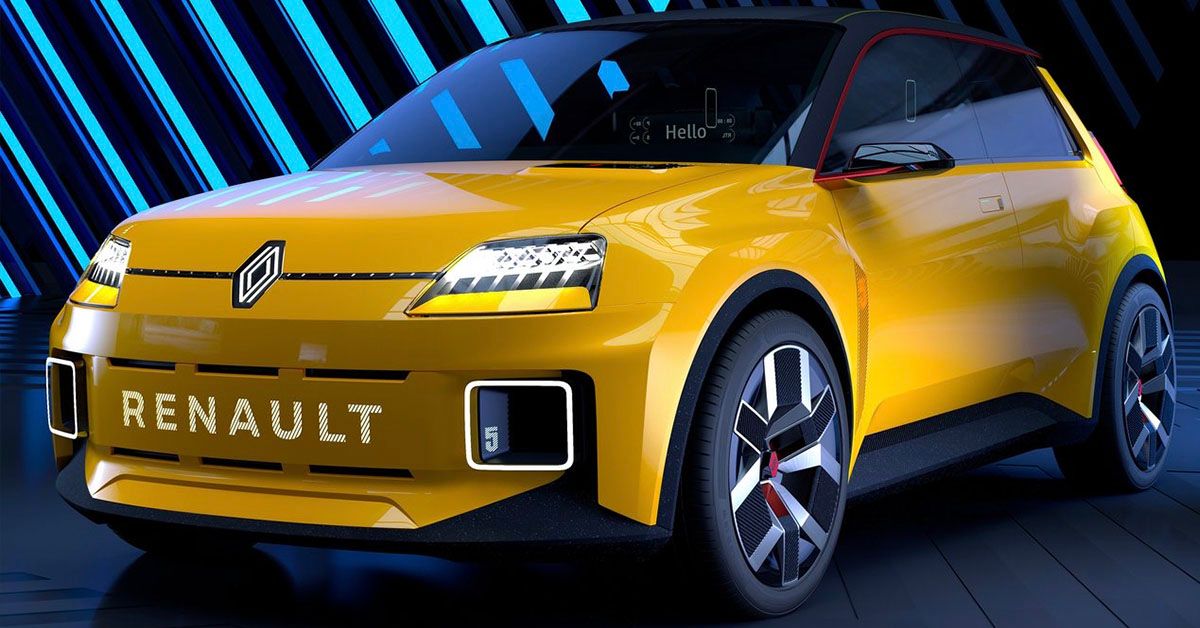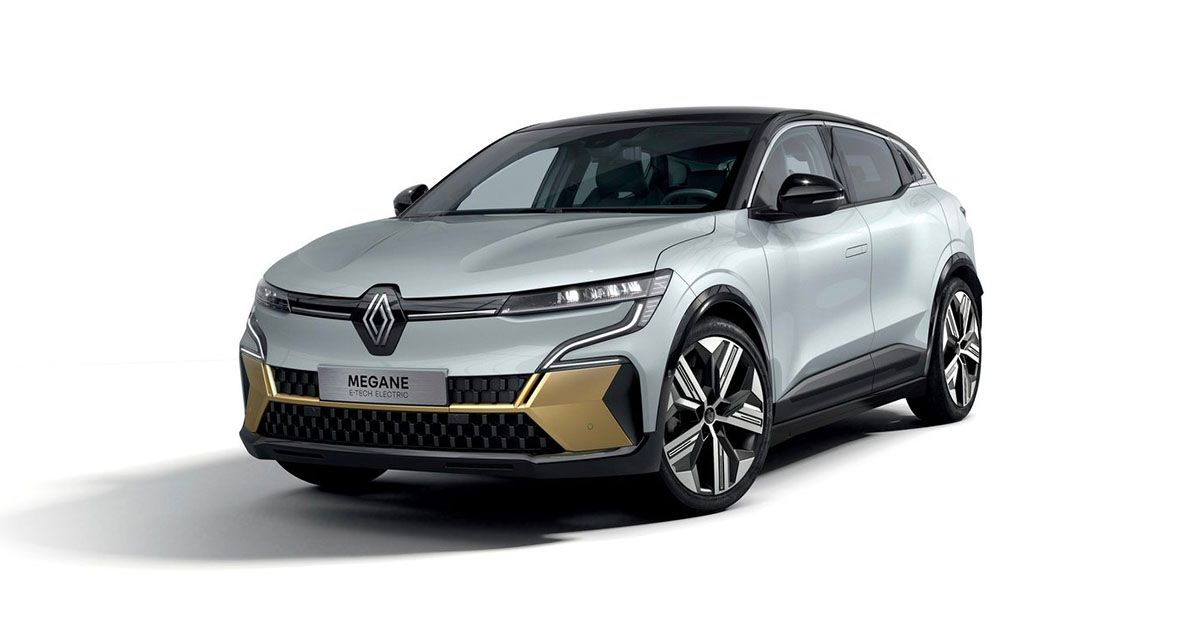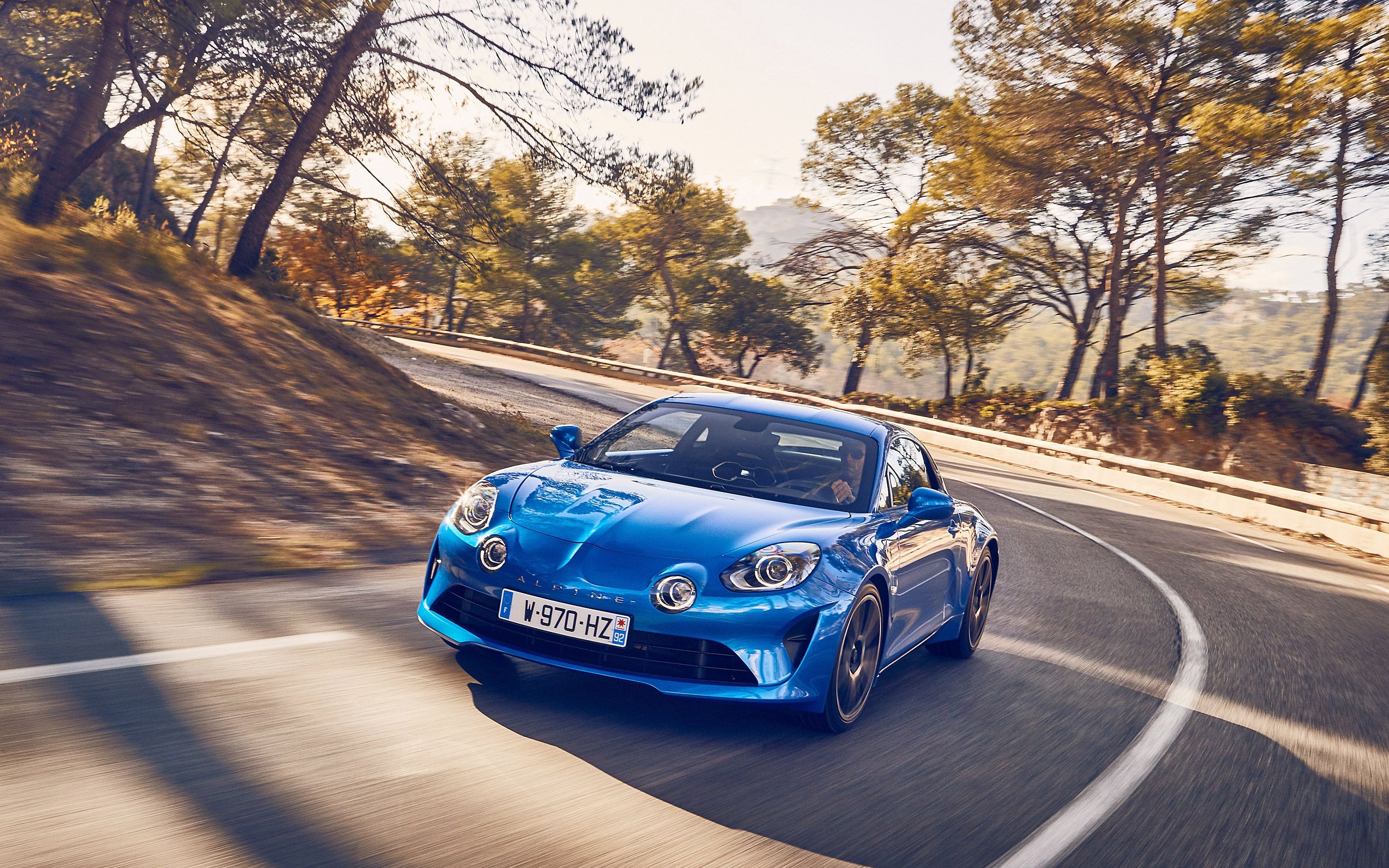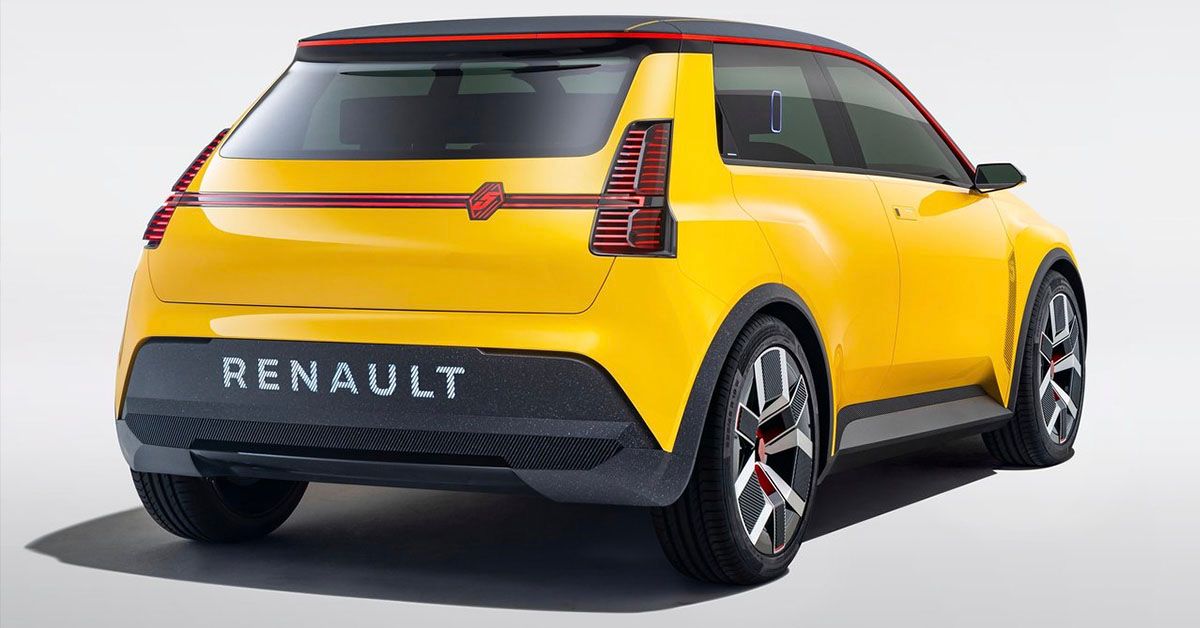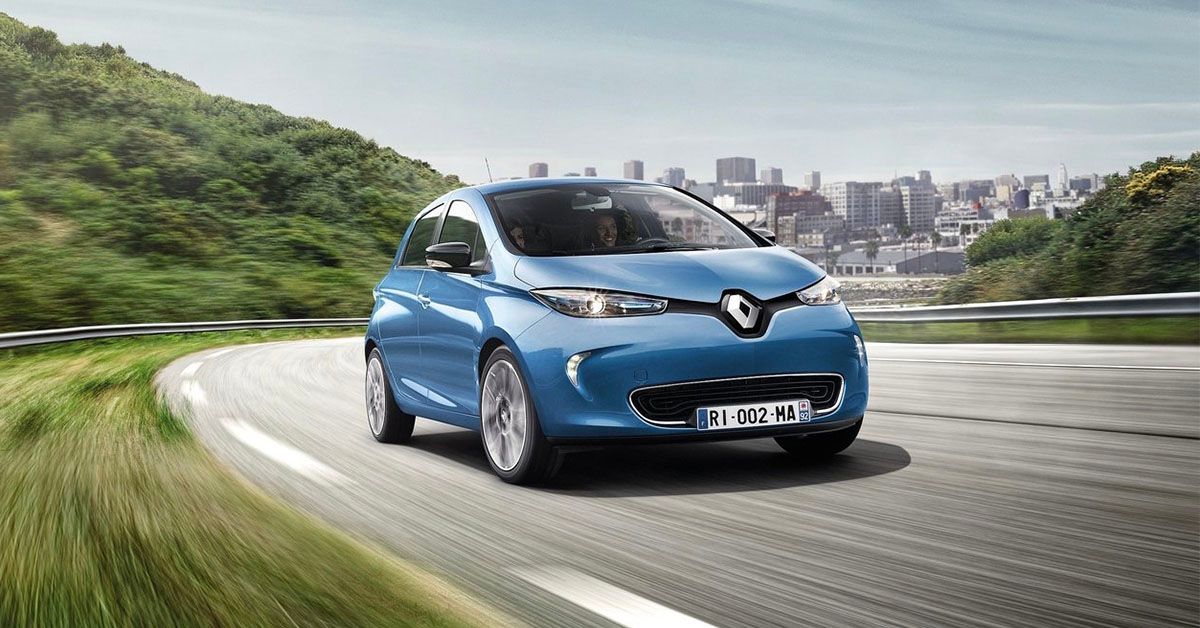Renault is the next automaker to bite the electric vehicle bullet. The French automaker has announced that it will stop selling internal combustion engine-powered vehicles in Europe by 2030. The brand will follow in the same path as other automakers in the region, including Ford, Mercedes-Benz, Audi, Jaguar Land Rover, Peugeot, and others. The UK government has promised to ban the sale of ICE-powered vehicles from 2030, the European Union will follow them in 2035.
Renault CEO Confirms EV Push
Luca de Meo, CEO of Renault, has confirmed that Renault will halt sales of combustion-powered cars as of 2030 in the European market. Back in 2021, de Meo was quoted saying its European operations will see 90% electrification. Now the brand looks to have changed gears and looks to go full send into EVs.
Luca de Meo was quoted saying, “We have an obligation to participate in the transition”. While de Meo has welcomed the transition in teh past, Gilles Leborgne, Renault Group EVP of Engineering had earlier commented, saying that the EU regulations don’t necessarily claim to ban ICE engines in those exact wor`ds, but say vehicles will be required to be zero emissions by 2034.
Leborgne says, “so translated it means no ICE. We do think it’s not the right approach so we will fight to propose a smoother way of doing things, to have a proportion of hybrid until I would say 2040”. However, it seems that Renault has decided to drop those plans and move forward to electric propulsion if plans laid down by Luca de Meo are to be followed through by the Renault brand.
The Renault Group’s Stand
The Renault Group of course has other brands under its umbrella. But not all of them will follow in the same footsteps. The affordable Dacia brand will be the last to transition entirely to electric. Luca De Meo believes it will preserve its “Value for Money” characteristic. As for Lada, the Renault Group has not announced plans at the moment. Alpine on the other hand will reinvent itself as an all-electric performance brand.
Renault currently has a lot going for itself when considering demand for its electric vehicles in Europe. The French brand is the third-largest electric vehicle brand in Europe, and its Zoe EV is the second most popular EV. While Renault is the leading EV brand in France thanks to the Zoe, the automaker claims it is the second most popular electric vehicle in Italy, and third most popular in Germany.
New Generation Of Renault EVs In The Works
To achieve these ambitious targets, Renault is confirmed to launch four battery electric vehicles. Renault has already showcased a few models that are up and coming. The first is the new Megane E-Tech Electric compact crossover. It is built on the new BEV-dedicated CMF-EV modular platform. Another model in the pipeline is the much anticipated Renault 5 EV, along with the Renault 4ever EV.
The Renault Group is poised to launch a total of 24 new vehicles by 2025. A Reuters report also suggests that the Renault-Nissan Alliance is gearing up to announce a joint EV project. Something that we could see land in America through the Nissan brand.
Europe Taking Charge Of The EV Revolution
It looks like Europe is driving the change for the automotive industry. The electric mobility revolution is happening in Europe faster than in any other region of the world. After the UK’s ban from 2030, and the EU following similarly in 2034 to go zero-emission, automakers are now scrambling to rethink and change their direction.
Fiat, Peugeot, and Ford Europe have set similar deadlines to transition their model line up. Volkswagen, BMW, Mini, Volvo, Audi, Jaguar Land Rover, Daimler/Mercedes-Benz have all set similar timelines. Some plan to give up on ICE development or manufacturing entirely, along similar timelines.
Mercedes-Benz recently showcased its vision of the battery-electric automobile in the future. The Mercedes-Benz Vision-EQXX Concept looks to make BEVs more efficient. The automaker believes that miles-per-kW will be the judging factor of an EV in the future, as well as charging time. Something the EQXX addresses. Volvo looks to transition its entire range to EVs while deleting all leather trims and upholstery from its vehicle cabins.
While the premium players may find it easier to transition to electric vehicles, it is the brands in the mass market that would find it most difficult. Offering efficient, long-range electric vehicles can be an expensive affair. It is something value-specific brands and models struggle with the most. While some EVs are now evolving to match the price points of their ICE-powered counterparts, they are still a breakthrough away to match in terms of overall efficiency.

